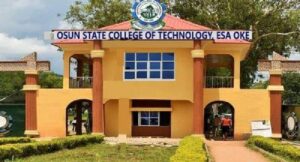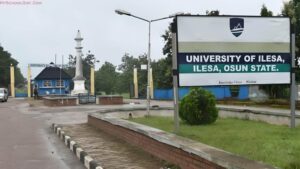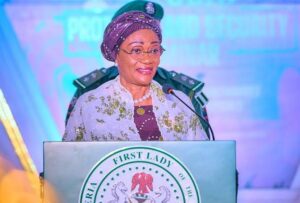The State House administration is initiating a phased transition to solar power, projected to save approximately N5 billion in annual energy costs.
This shift is deemed essential due to the erratic power supply from the national grid, rising energy expenses, and the costs associated with fuel and generator maintenance, which currently exceed N6 billion each year.
According to senior government officials familiar with the initiative, the solar transition will encompass the former seat of power, Dodan Barracks in Lagos, the State House complex, and the State House Medical Centre, including its Presidential Wing in Abuja.
The rollout will begin with the Medical Centre, where construction of a 1.2MW solar facility commenced in October 2024. Dr. Dike Obalum, Chairman of the Medical Advisory Committee, emphasized the importance of this project in ensuring reliable power for sensitive medical equipment and protecting it from power fluctuations.
“We are establishing a solar plant at this medical centre with a capacity of 1.2 Megawatts. This capacity will enhance our independence from the Abuja Electricity Distribution Company (AEDC), which will only serve as a backup power source while our solar farm supports our operations,” he explained.
“This will provide a consistent power supply, ensuring uninterrupted service for our patients while safeguarding our equipment from the issues associated with sporadic power supply,” Obalum added. However, he did not disclose the project’s cost, stating, “The State House Medical Centre is strictly a service facility and does not manage the financial details of any projects.”
Last Thursday, major cities, including Abuja, Lagos, and Kano, experienced blackouts as the national grid suffered its tenth collapse in 2024. In a recent attempt to recover debts, AEDC issued a 10-day notice to 86 government agencies, including the State House, demanding payment of an accumulated debt of N47.1 billion to avoid disconnection. AEDC claimed that the State House owed approximately N923 million in unpaid electricity bills, a figure disputed by the State House, which asserted the actual outstanding amount was N342.35 million, as supported by a letter from AEDC to the State House Permanent Secretary dated February 14, 2024. Following this clarification, President Bola Tinubu ordered the immediate payment of the N342.35 million debt to AEDC.
A representative familiar with the solar initiative remarked that the current practice of paying substantial bills for sporadic electricity while relying on diesel-powered generators daily is no longer viable. “It’s unsustainable. We can’t continue this way, so we are transitioning to solar power to reduce our significant expenditures,” said the official, who requested anonymity due to lack of authorization to speak publicly on the matter.
The source indicated that the solar project is expected to yield savings of around N5 billion annually once it becomes operational in early 2025. “When completed, this will reduce the State House’s annual power expenses from N6 billion to less than 20 percent of that figure. It is designed to power all our appliances from 7 AM to 7 PM. In about a month, we plan to install some components at the Forest car park and the banquet hall,” he noted.
Another official with knowledge of the project stated that the plant is anticipated to achieve a real-time output of about 7MW, with peak capacity reaching up to 40MW.






